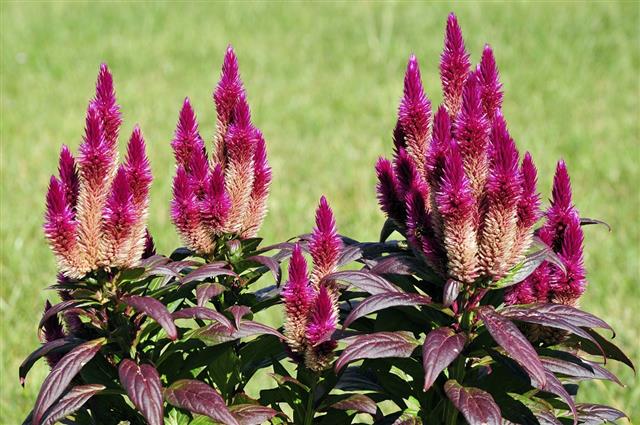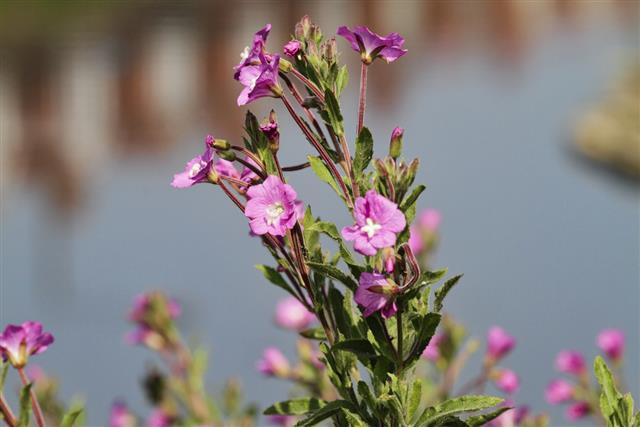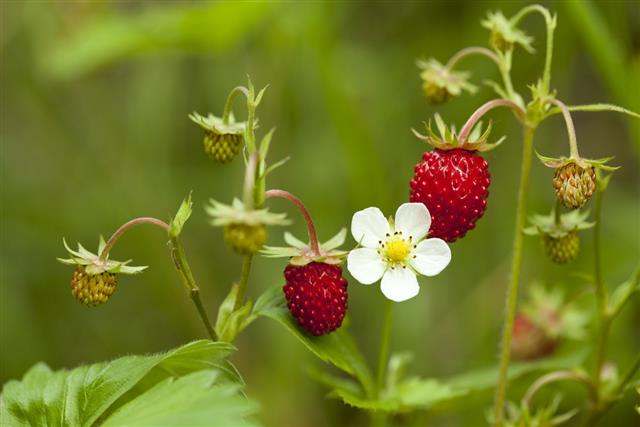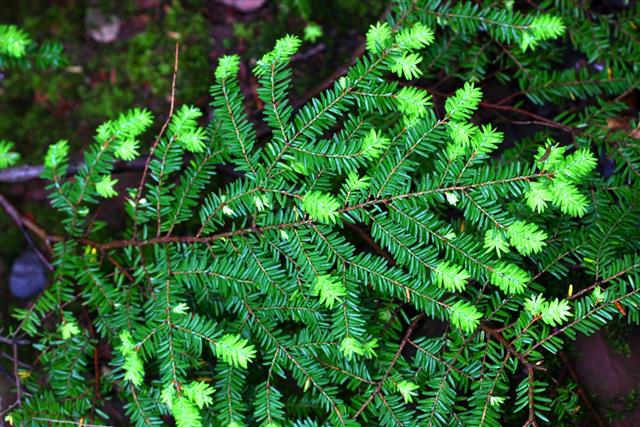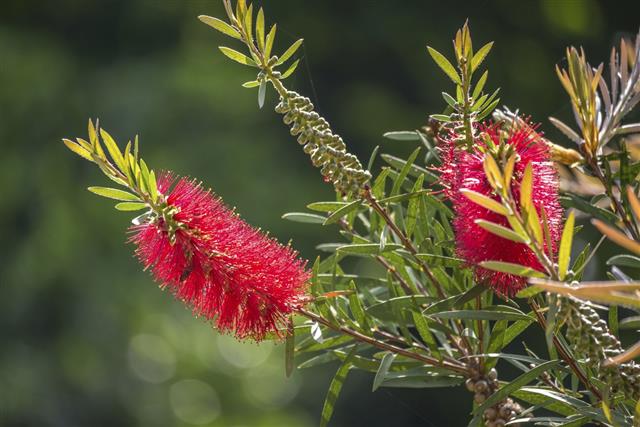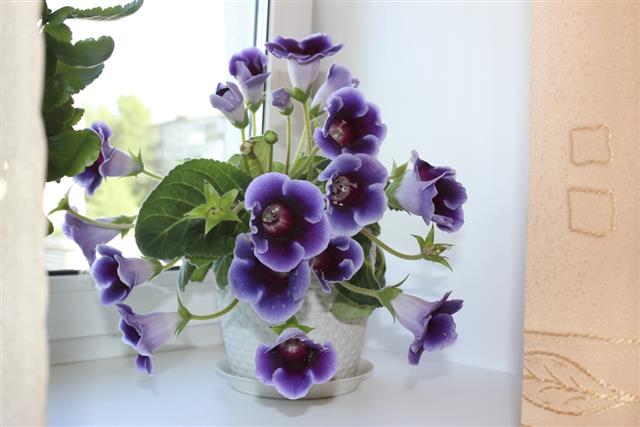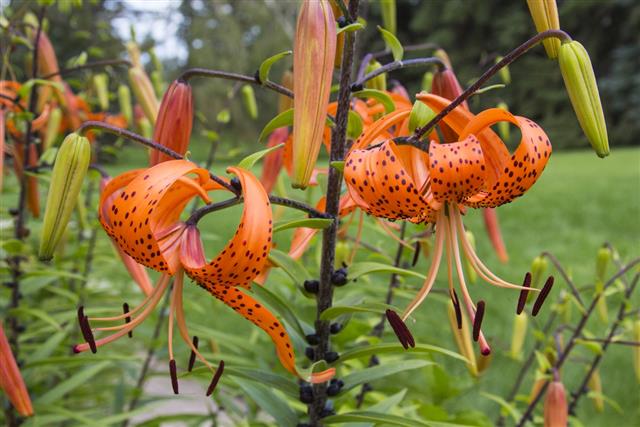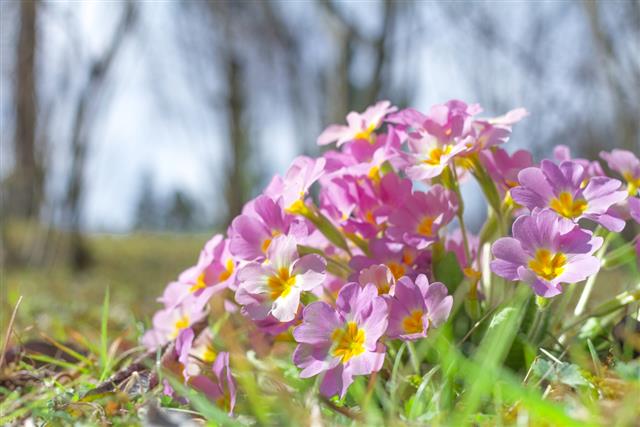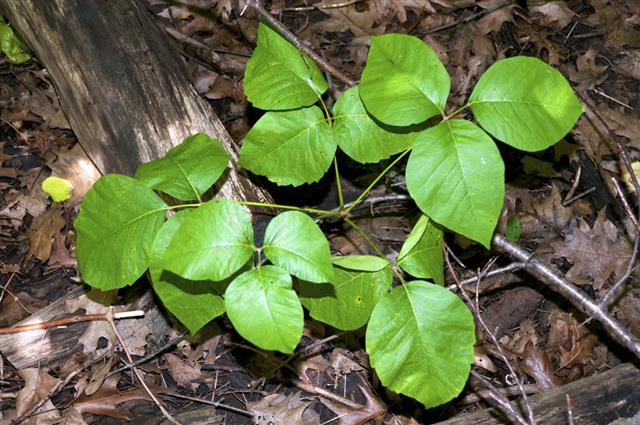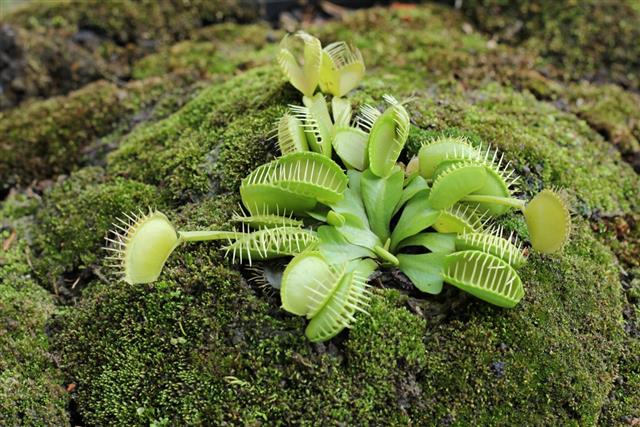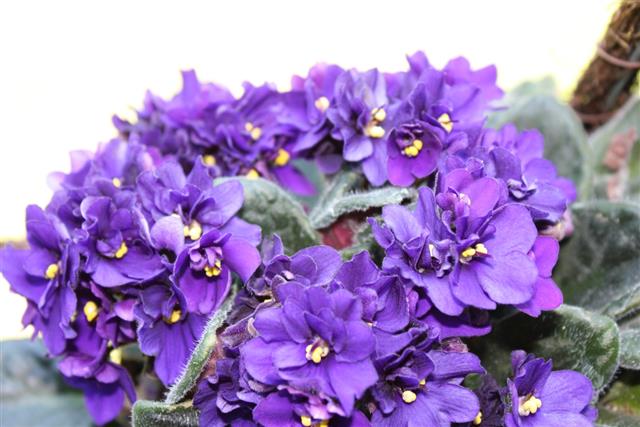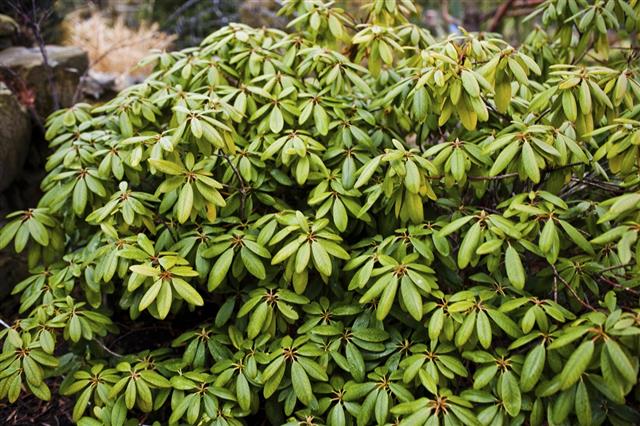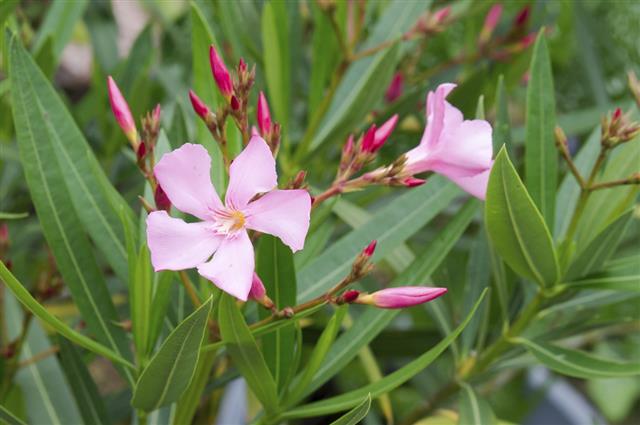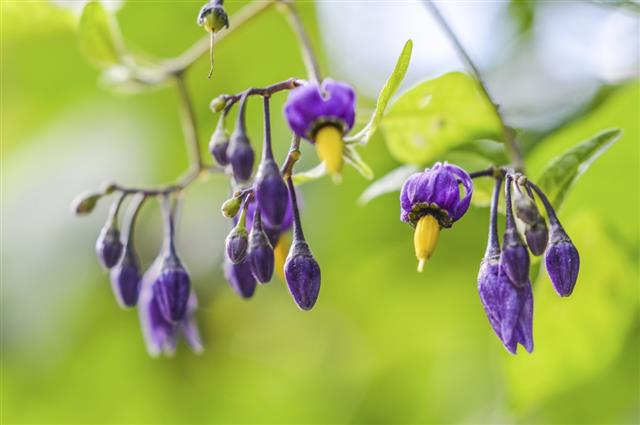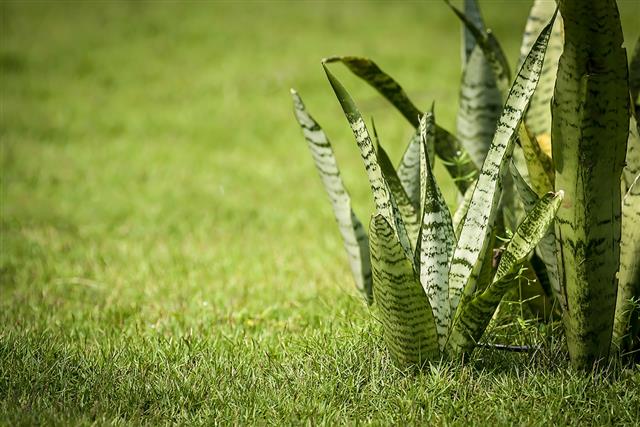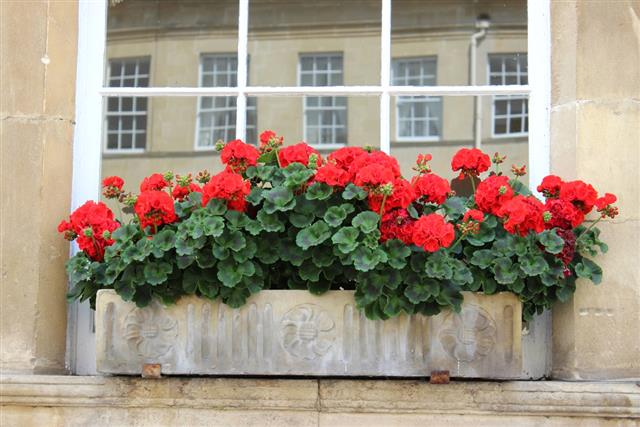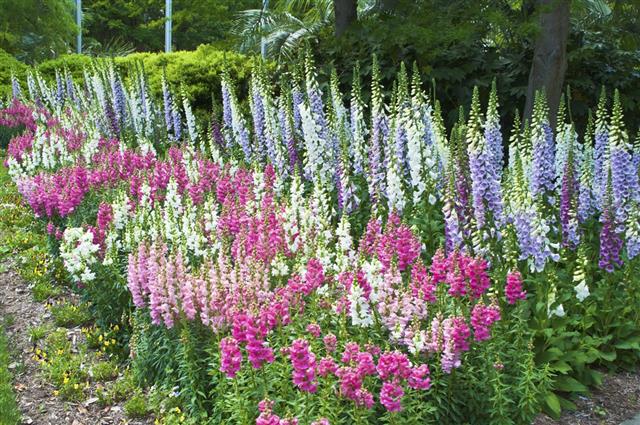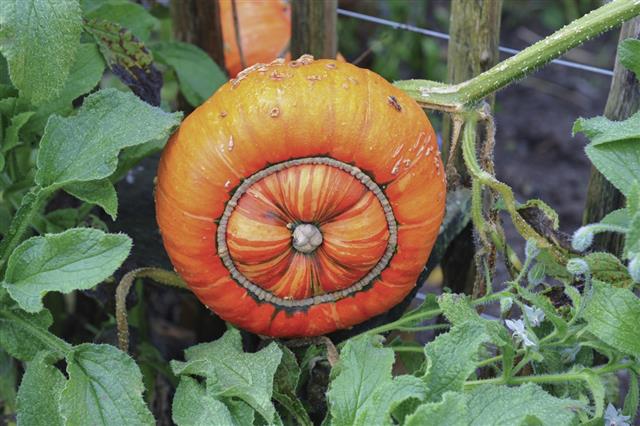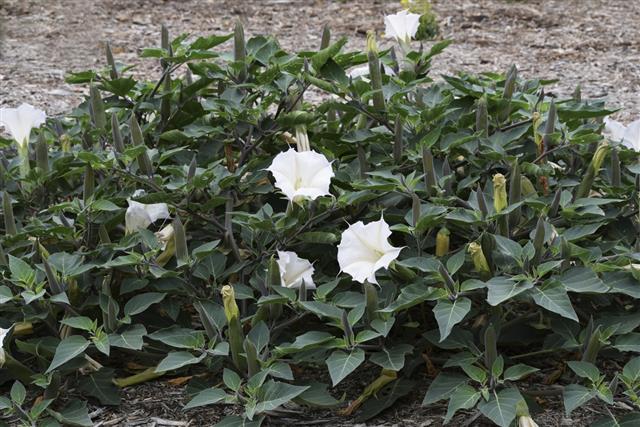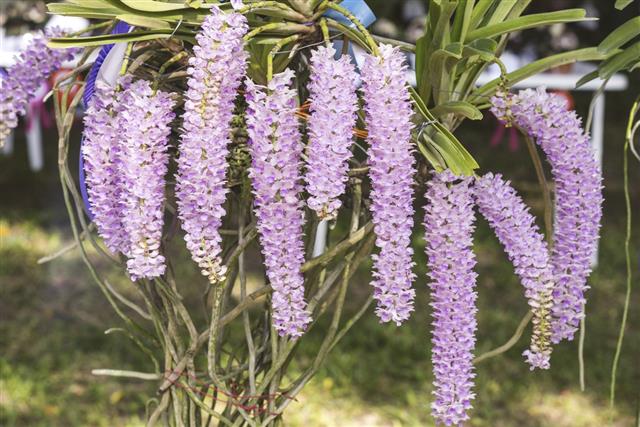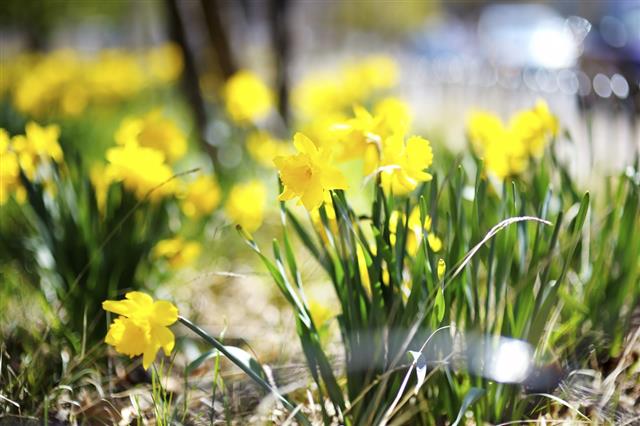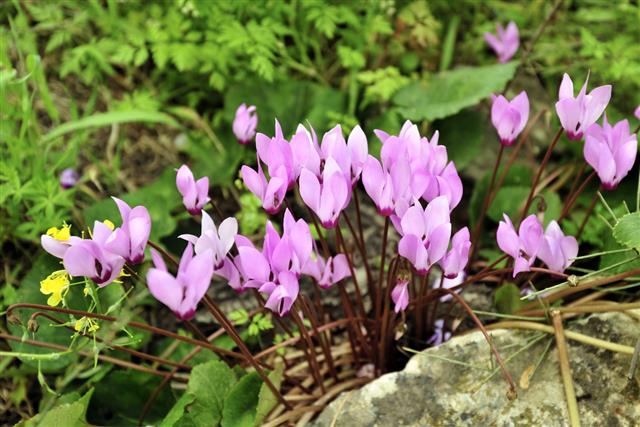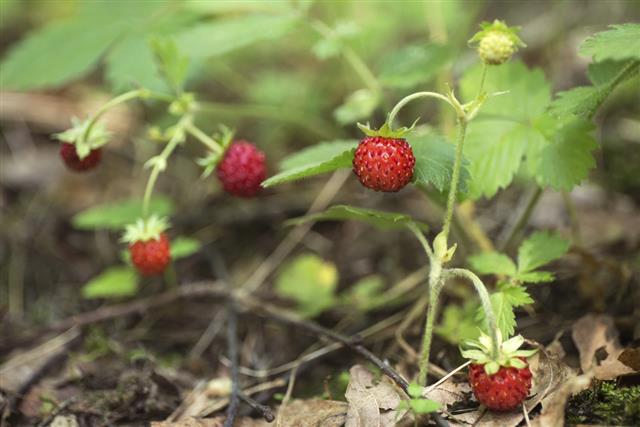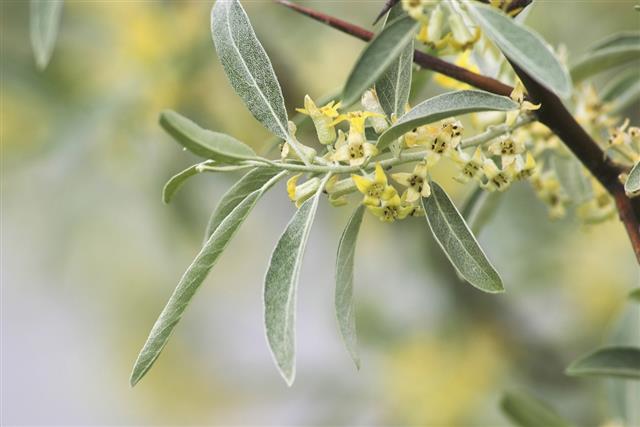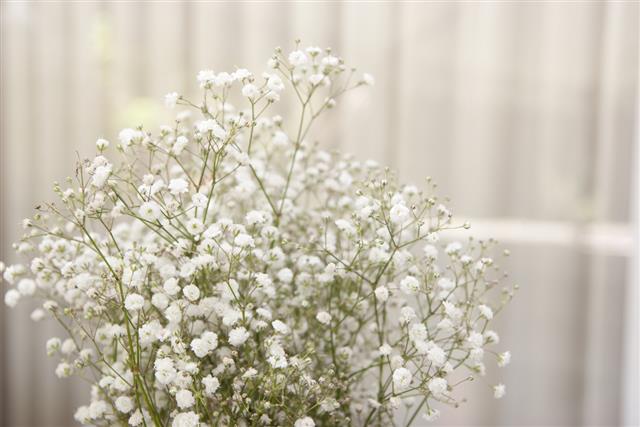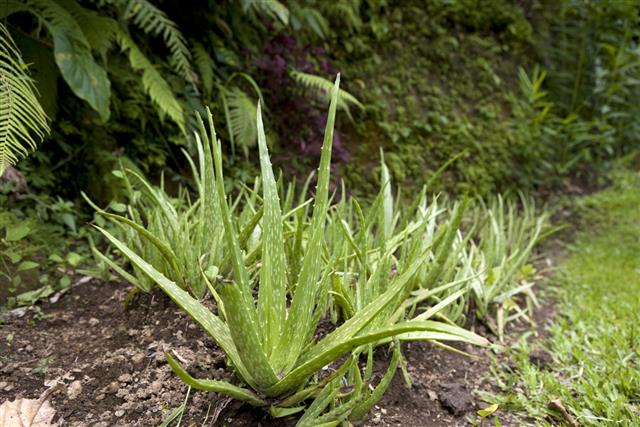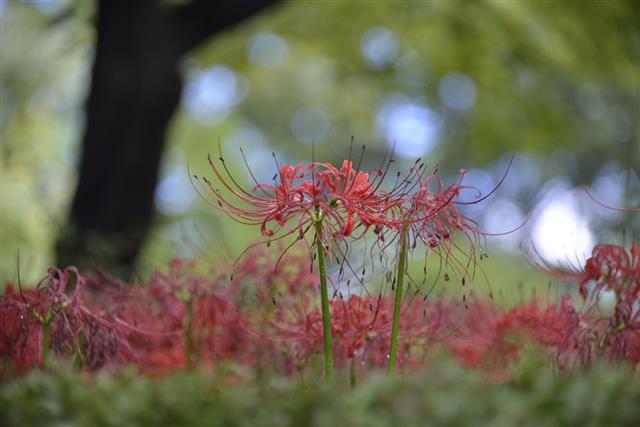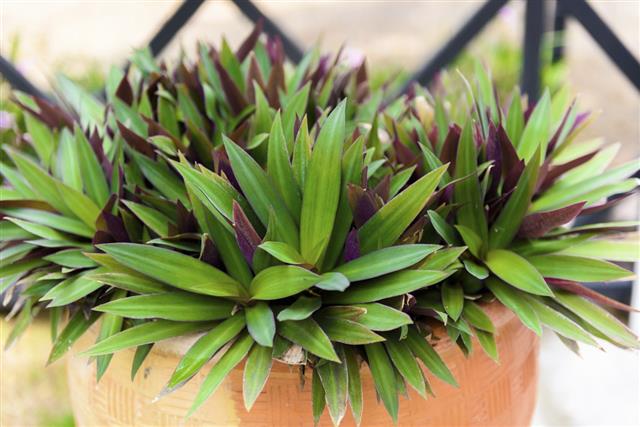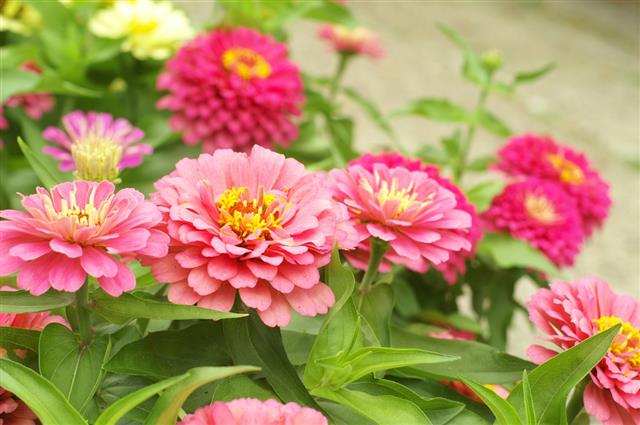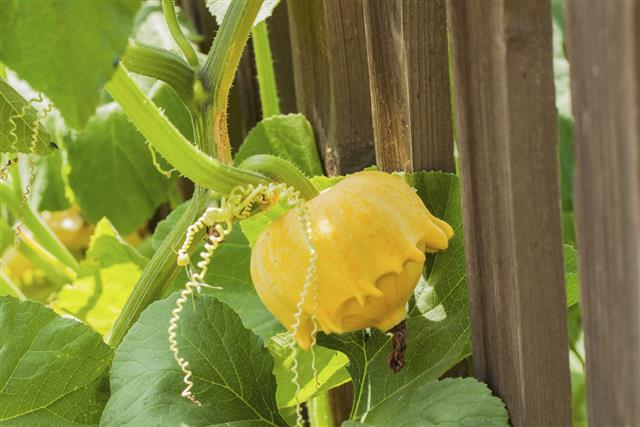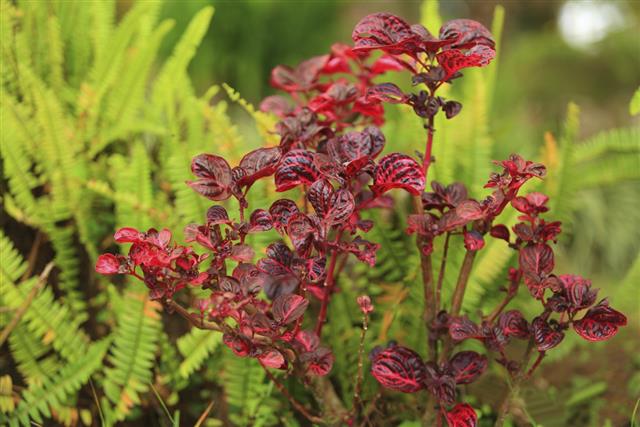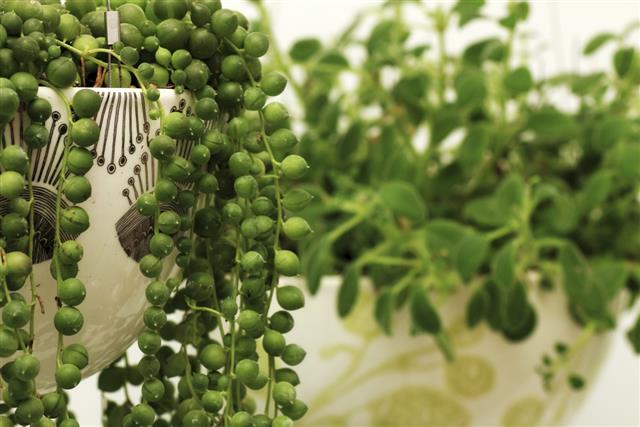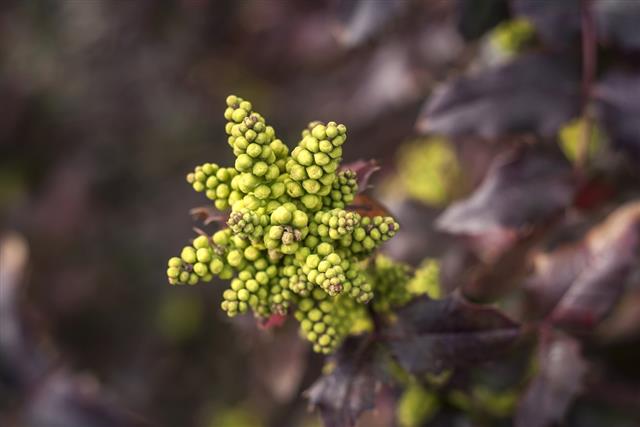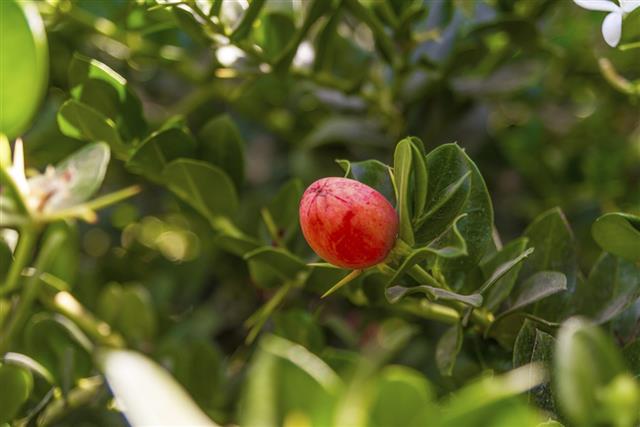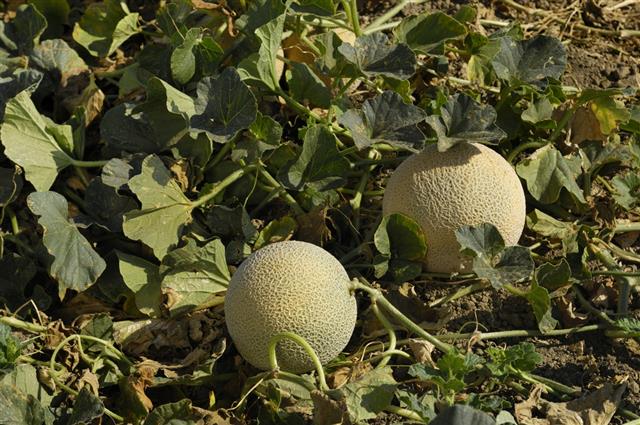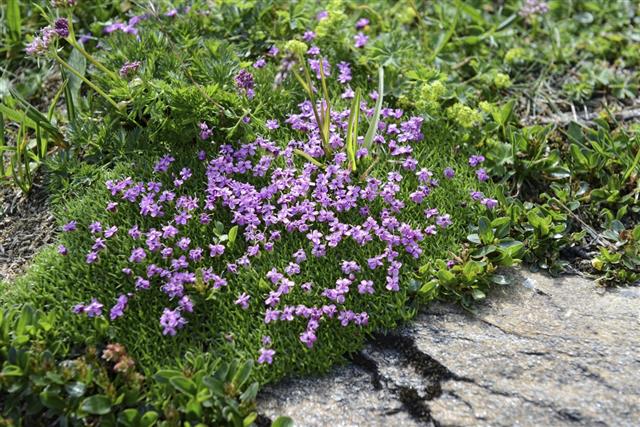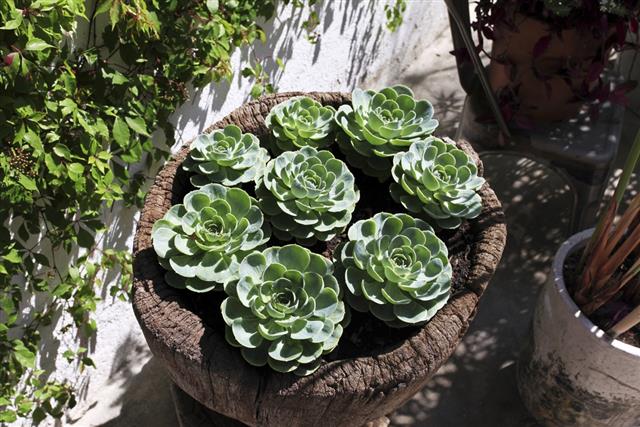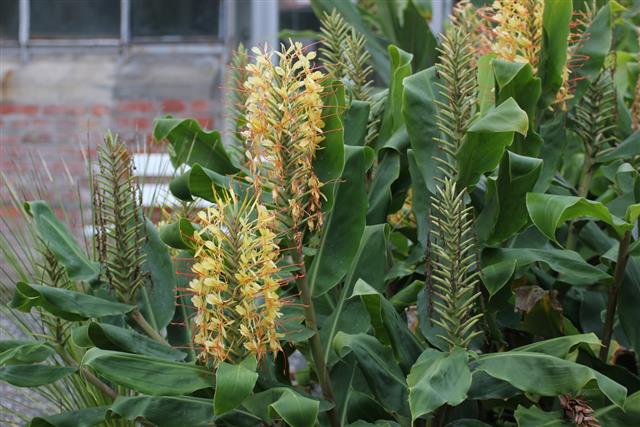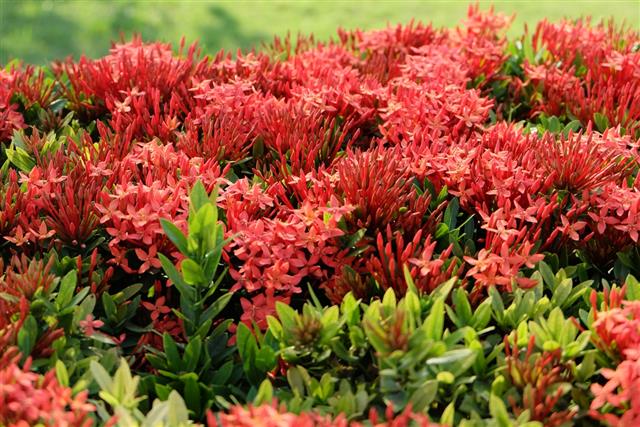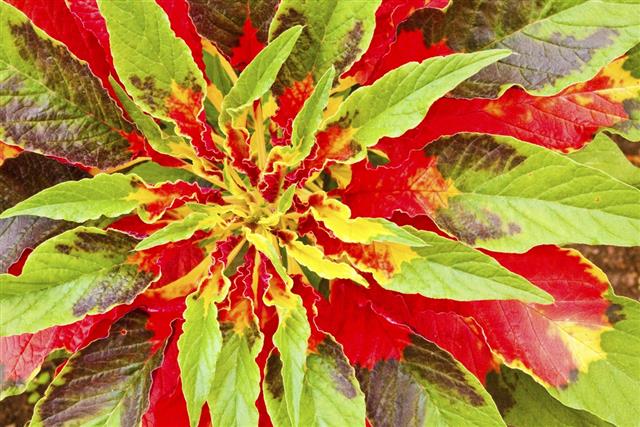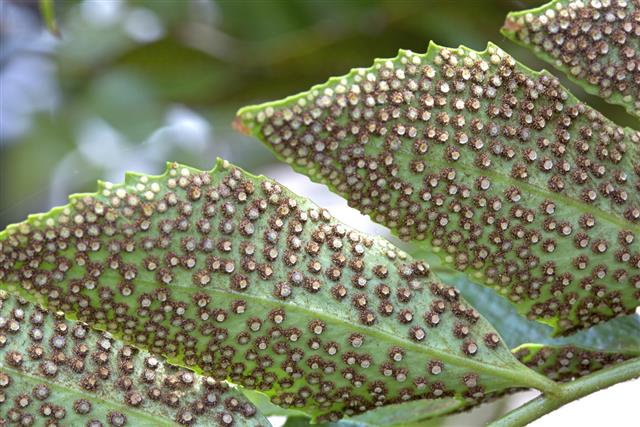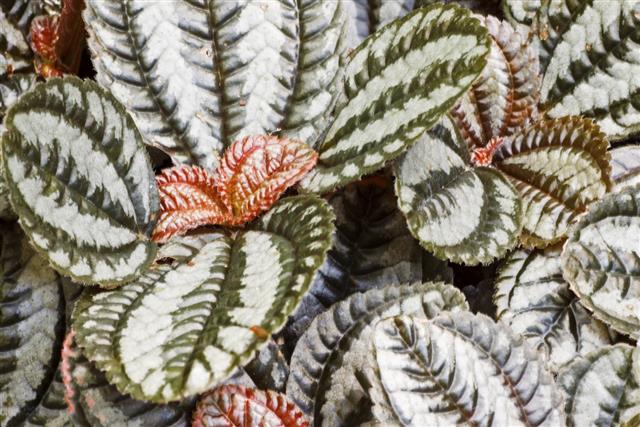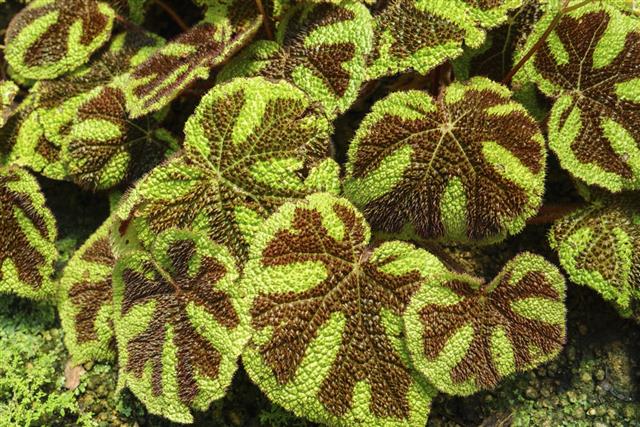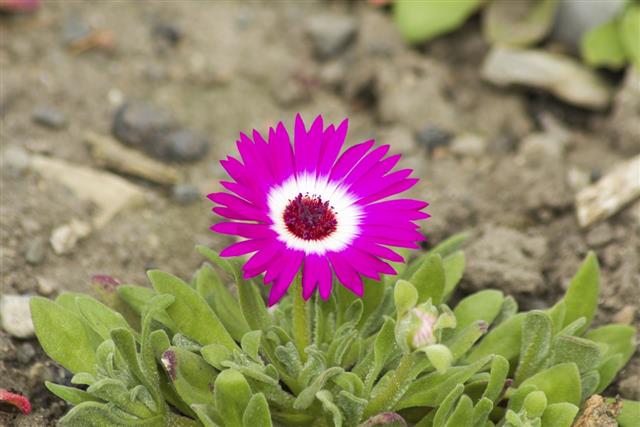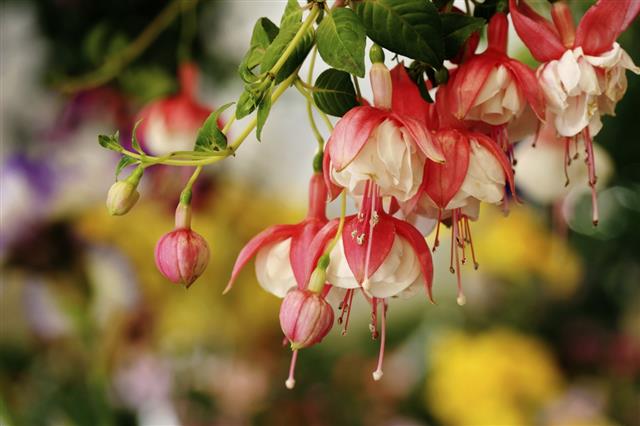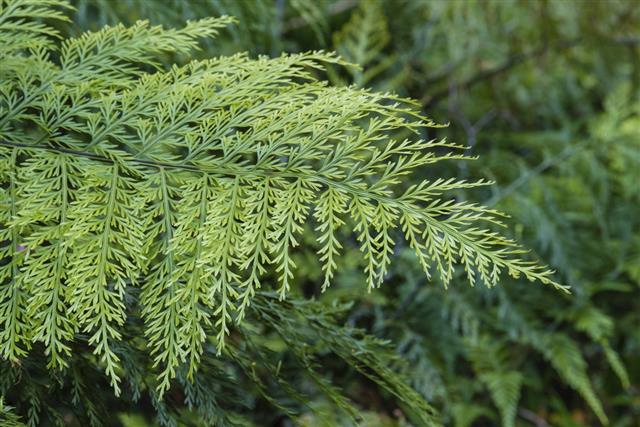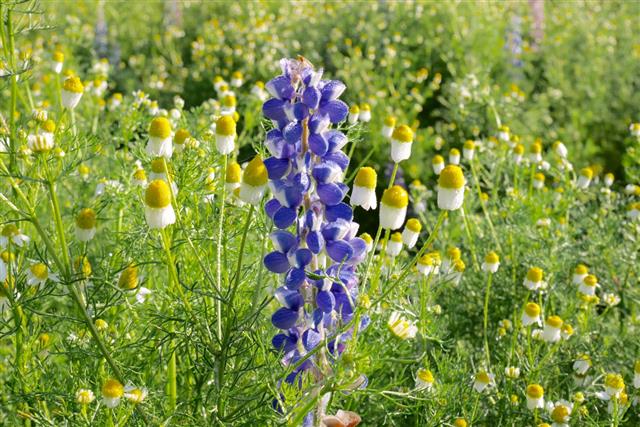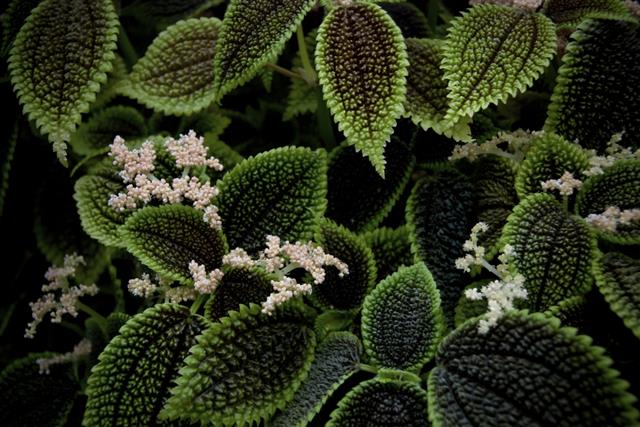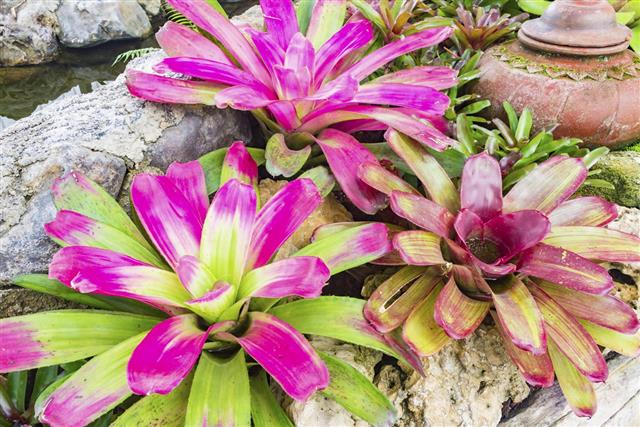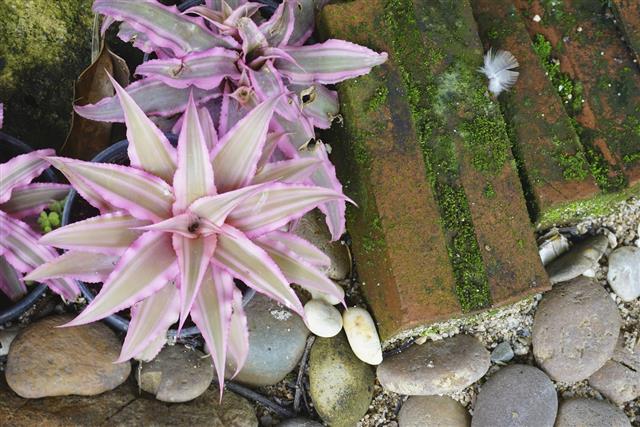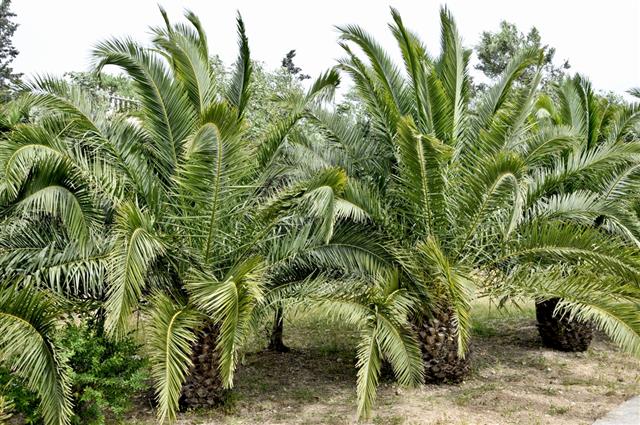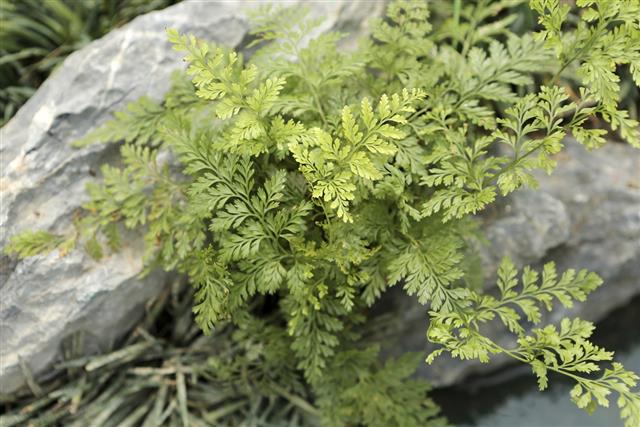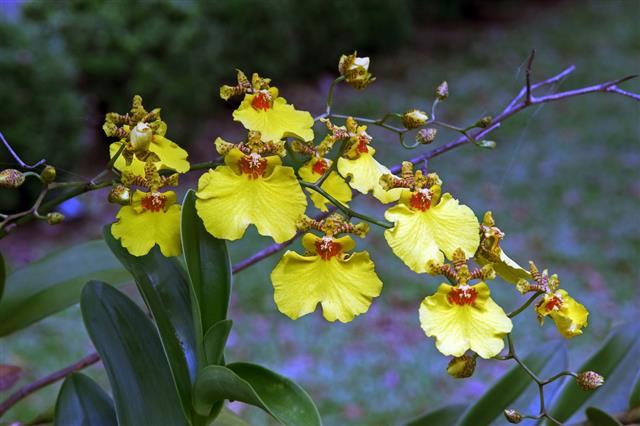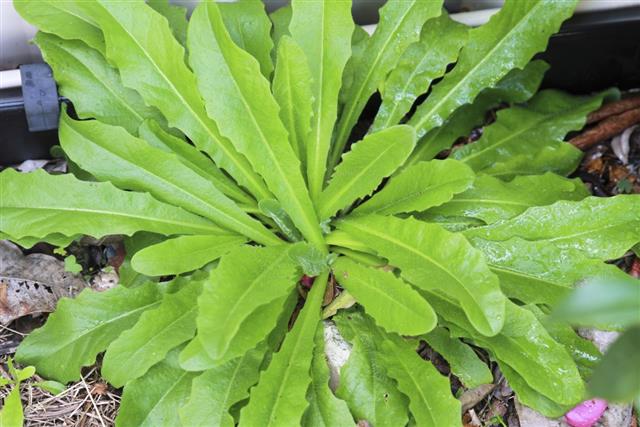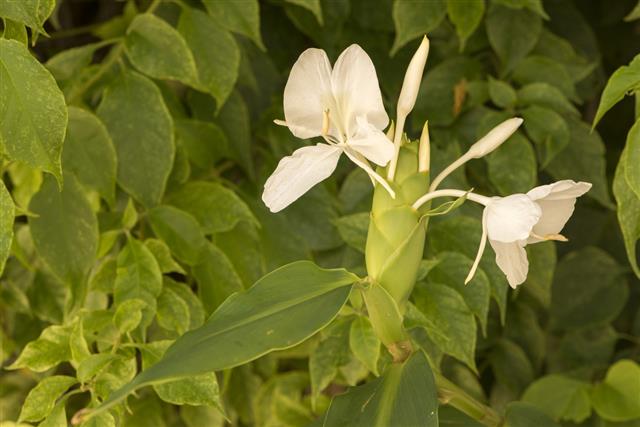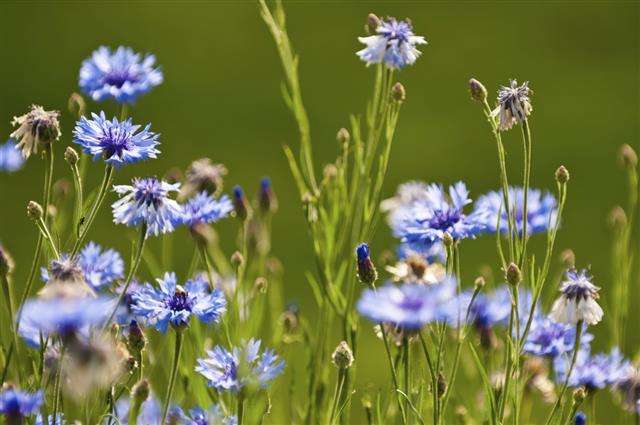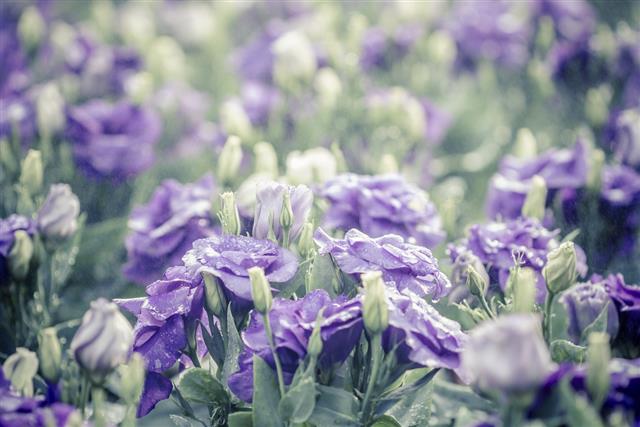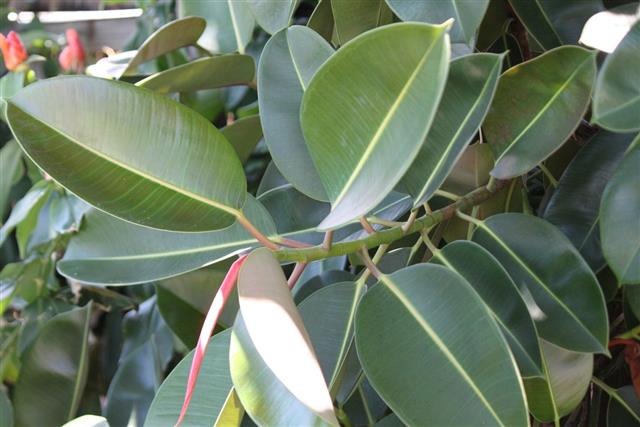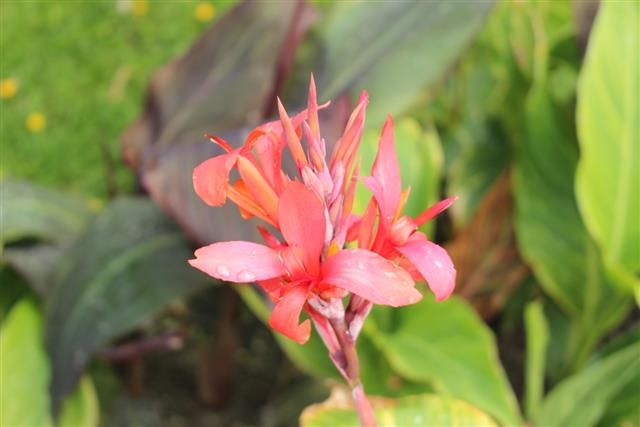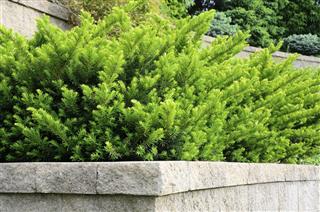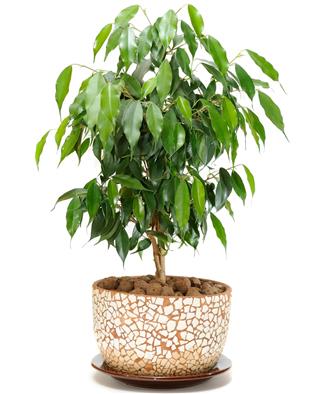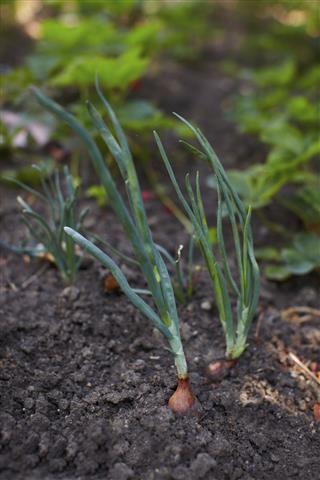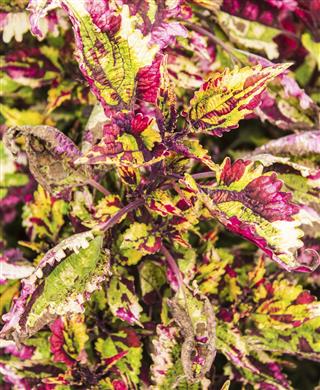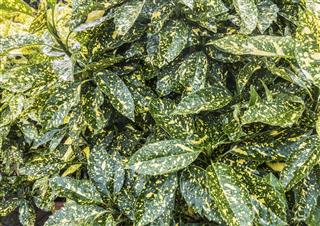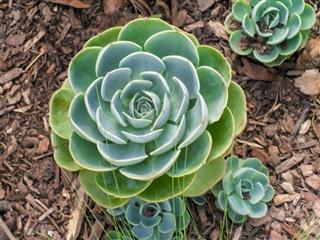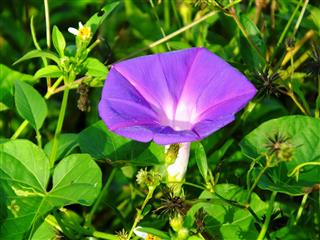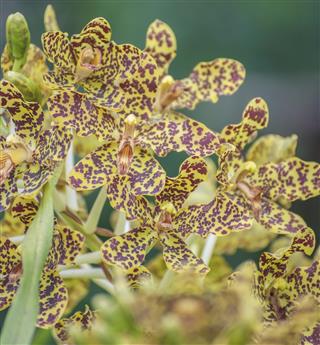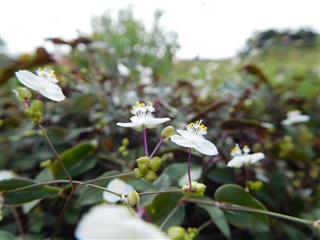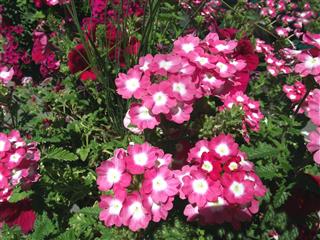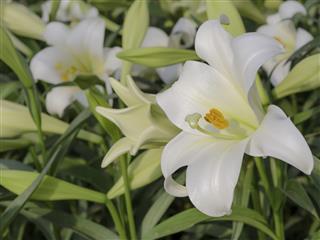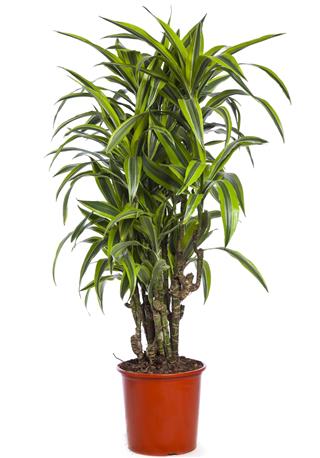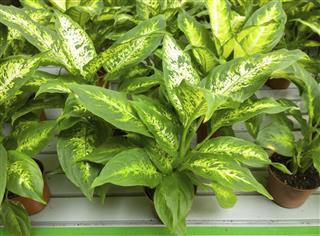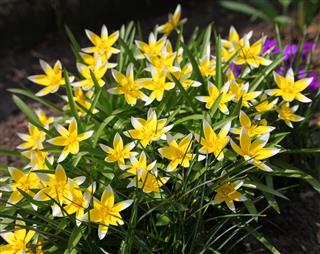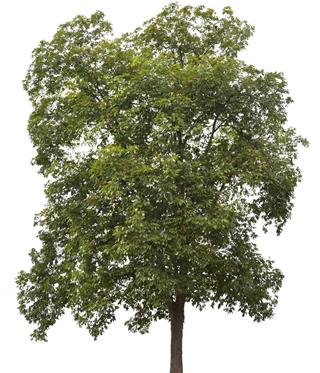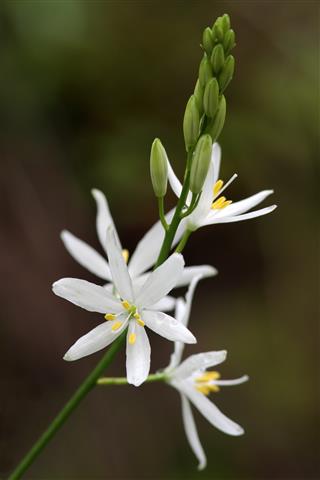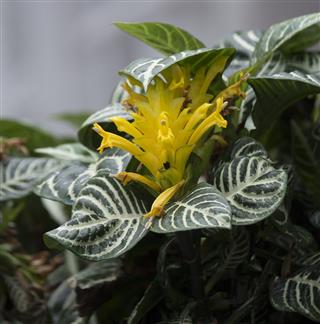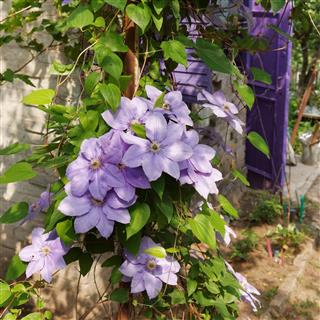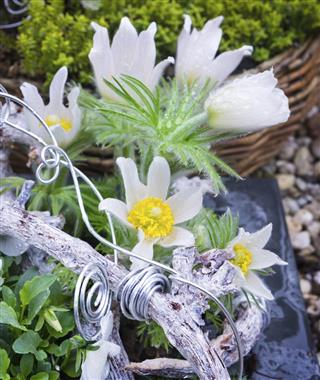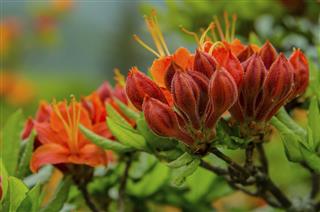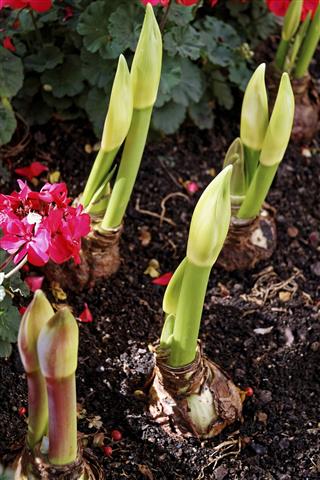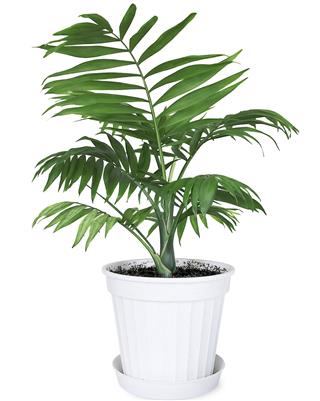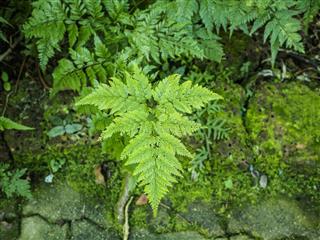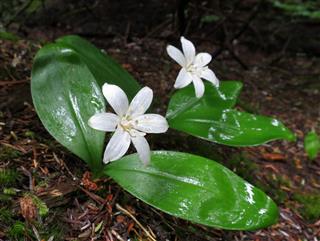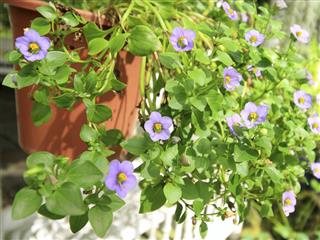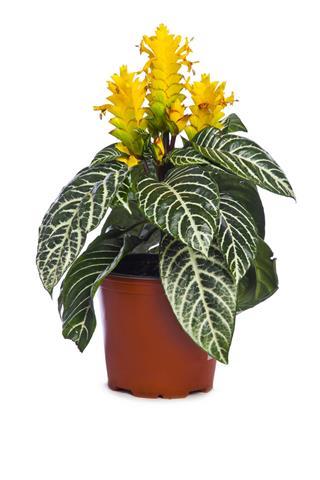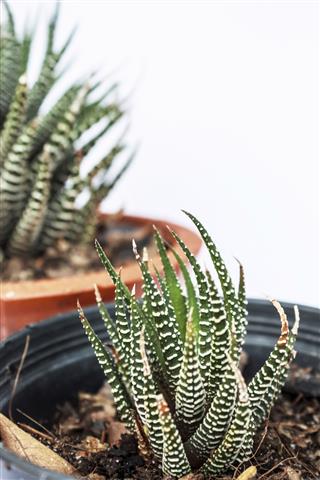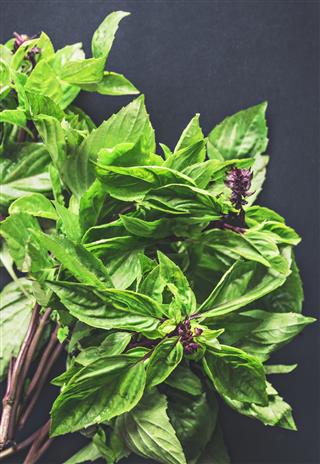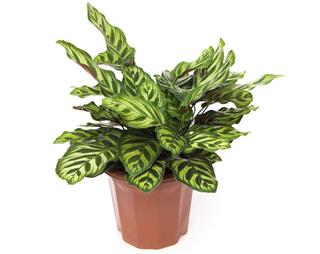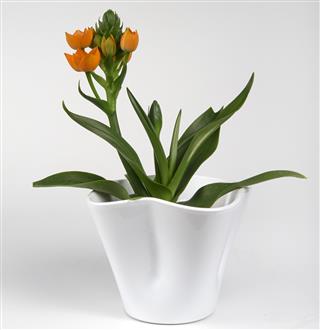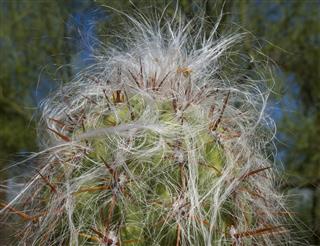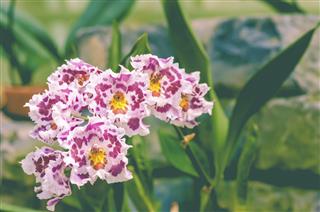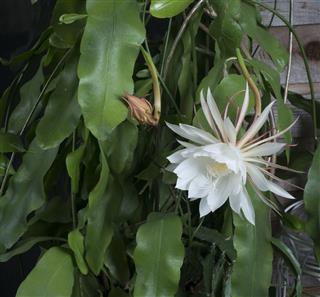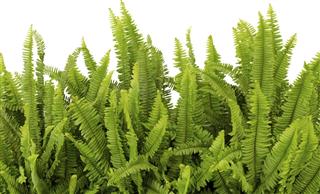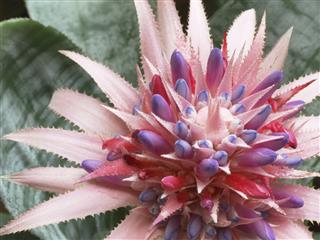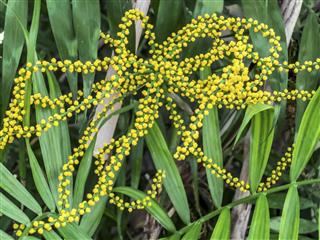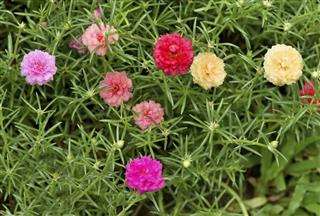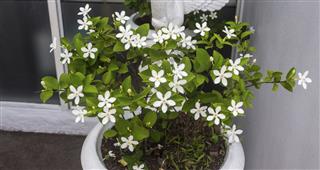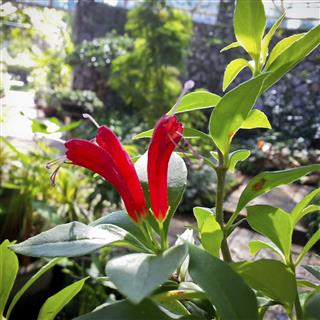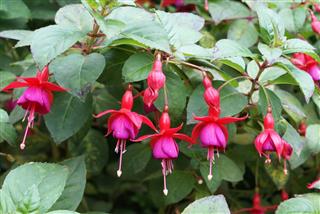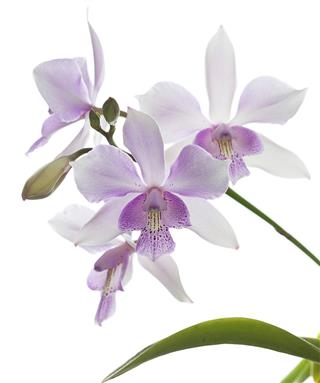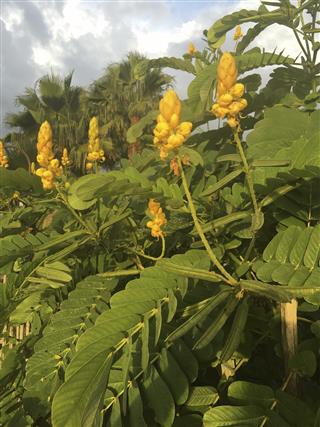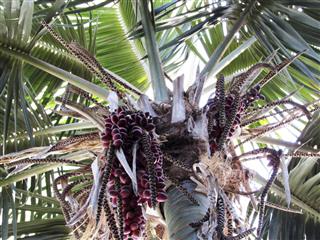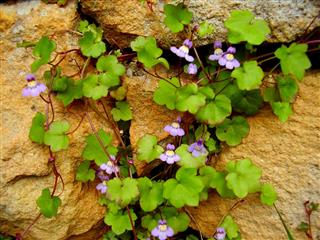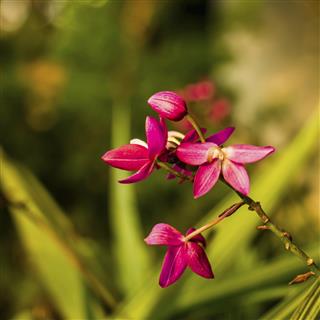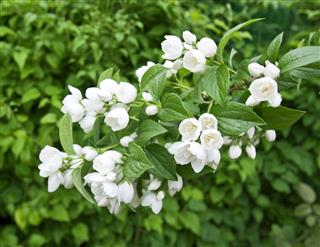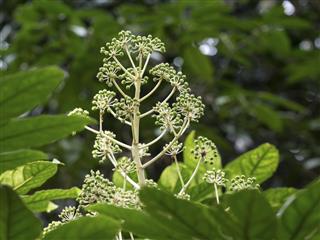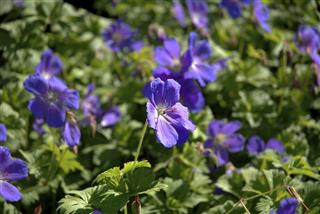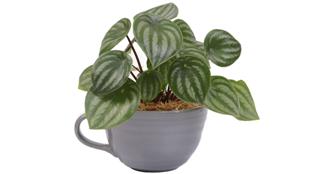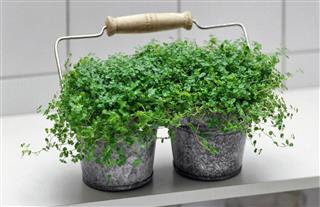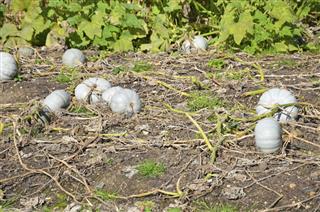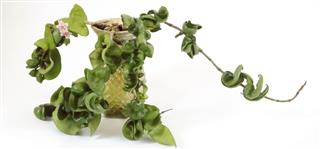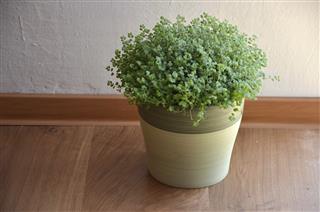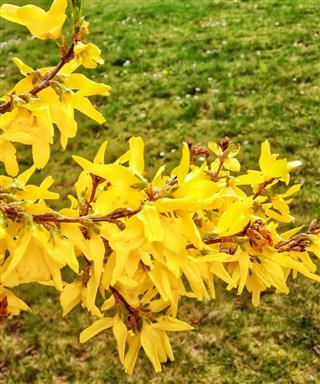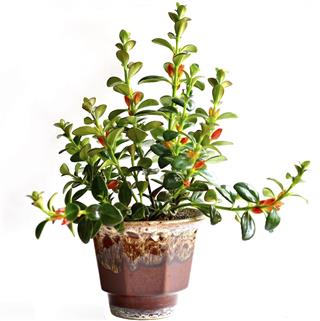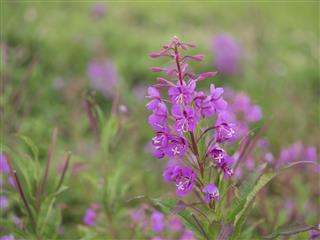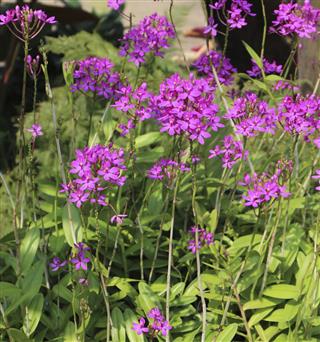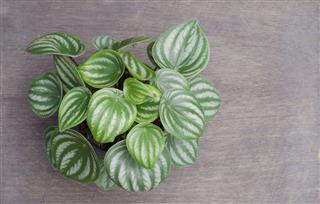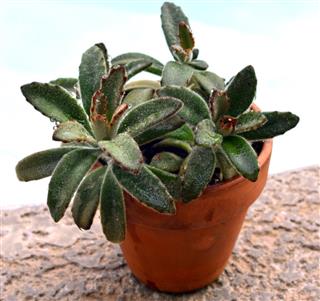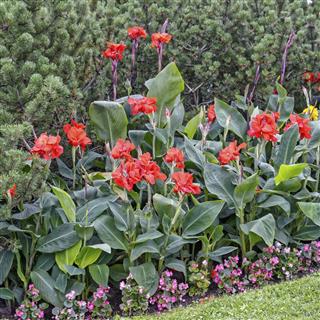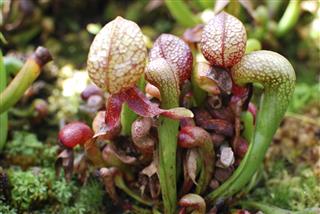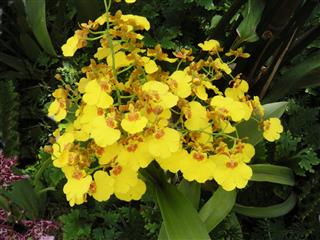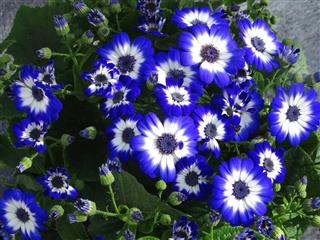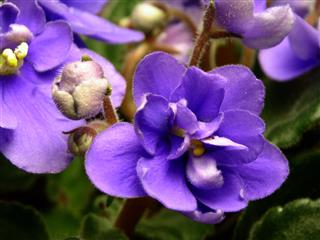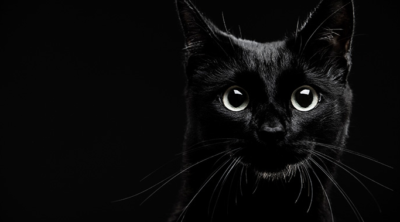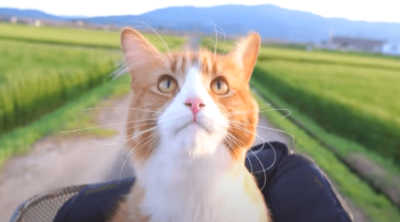
Cat friendly plants grown in or around your house ensure that your kitty won’t develop an allergic reaction or be poisoned when poking its nose around the pots and plant beds.
Many people fear or have learned the hard way that not all plants can be considered cat friendly. Many plants are poisonous to our feline friends, and can prove to be fatal too. It is always a delight to have plants and pets around the house, but plants and pets may be a dangerous combination. Kittens are born curious and love to sniff around, exploring the unknown. They love to chew on things and dig out unknown treasures from the soil. But many plants can have adverse reactions on them.
It is very important to know which plants are safe for cats if you are thinking of growing some to match your house décor. Just as you would take care of a child, you need to take precautions related to the repercussions that plants may have on an inquisitive kitty. Cats are smart animals and love to experiment around the house. They do not care or do not realize that not all members of the plant kingdom are suitable for them. Therefore, it is very important you know which indoor plants are not harmful for cats.
House Plants Safe for Cats
A
Achira
African violet
American rubber
Arabian gentian
Autumn olive
B
Bachelors buttons
Bamboo vine
Blue daisy
Brazilian orchid
Butterfly ginger
C
California pitcher plant
Canna lily
Cat brier
Cat ear
Chocolate soldier
Christmas dagger
D
Dainty rabbits-foot
Dancing doll orchid
Desert trumpet
Dwarf palm
Dwarf Rose-Stripe Star
E
Earth star
Easter daisy
Elephant-Ear Begonia
Emerald ripple peperomia
Epidendrum
F
Fairy fountain
Fingernail plant
Fire weed
Fish tail fern
Fluffy ruffles
Freckle face
Friendship plant
G
Garden snapdragon
German violet
Gold bloom
Gold-fish plant
Golden bells
H
Hardy baby tears
Hen and chickens fern
Hindu rope plant
Honeysuckle fuchsia
Hoya ‘Mauna Loa’
Hubbard squash
I
Ice plant
Imbricata sword fern
Irish moss
Iron cross begonia
Iron tree
Ivy peperomia
Ivy-leaf peperomia
J
Jackson brier
Jacob’s ladder
Japanese aralia
Japanese holly fern
Japanese moss
Japanese pittosporum
Jasmine
Jewel orchid
Joseph’s coat
Jungle geranium
K
Kaempferis
Kahali ginger
Kenilworth ivy
Kentia palm
Kenya palm
Kenya violet
Kharoub
King nut
King of the forest
King and queen fern
Kuang-yen- pa-hsieh
L
Lace orchid
Ladies ear drops
Lily of the valley orchid
Lipstick plant
Luther
M
Madagascar jasmine
Maroon
Mexican rosettes
Moss rose
Mossy campion
Muskmellon
N
Narrow leafed pleomele
Natal plum
Neanthe bella palm
Nematanthus spp.
Neanthebella
Neoregelia
Nephrolepsis
Nerve plant
New silver and bronze
Night blooming cereus
O
Odontoglossum spp.
Old man cactus
Old world orchid
Orange star
Oregon grape
Ossifragi vase
P
Paddys wig
Peacock plant
Pearl plant
Peperomia sandersii
Pepper face
Persian violet
Q
Queen’s spiderwort
Queencup
Queens spiderwort
Queensland arrowroot
R
Rabbits foot fern
Rainbow orchid
Red African violet
Red veined prayer
Reed palm
Resurrection lily
Royal velvet plant
Rubber plant, baby
Russian olive
S
Saffron spike zebra
Saint Bernards lily
Shagbark hickory
Shan ku’ei-lai
Shellbark hickory
Star lily
Star plant
Star tulip
Star window plant
Strawberry
Sweet william
Sword fern
T
Tahitian bridal veil
Tailed orchid
Thorn apple
Ti hu-ling
Tiger orchid
Turban squash
Turf lily
U
Umbrella plant
Urbinia agavoides
Usambara violet
V
Variegated laurel
Variegated oval leaf peperomia
Velvet plant
Venus fly trap
Violet slipper gloxinia
W
Waffle plant
Weeping bottlebrush
Weeping sergeant hemlock
Wild strawberry
Willow herb
Woolflower
Y
Yellow bloodleaf
Yellow-flowered gourd
Yerba linda
Z
Zebra haworthia
Zebra plant
Zinnia sp.
Zucchini squash
You should avoid planting poisonous plants like the ones given below.
- Aloe Vera
- Amaryllis
- Azalea
- Baby’s Breath
- Christmas Rose
- Clematis
- Cyclamen
- Daffodil
- Dieffenbachia
- Dracaena – Dumb Cane
- Easter Lily
- Eucalyptus
- Foxglove
- Geranium
- Ivy
- Morning Glory
- Mother-in-law’s Tongue
- Narcissus
- Nightshade
- Oleander
- Onions
- Poison Ivy
- Primrose
- Tiger Lily
- Weeping Fig
- Yew
You can even plant some rye, alfalfa, wheat and catnip as they won’t affect the sensitive digestive system of the cat. If you notice any adverse or allergic reaction in your cat after eating any plants, visit the vet immediately. Do not forget to take along a sample of the plant to help the vet identify it and treat the cat accordingly.
